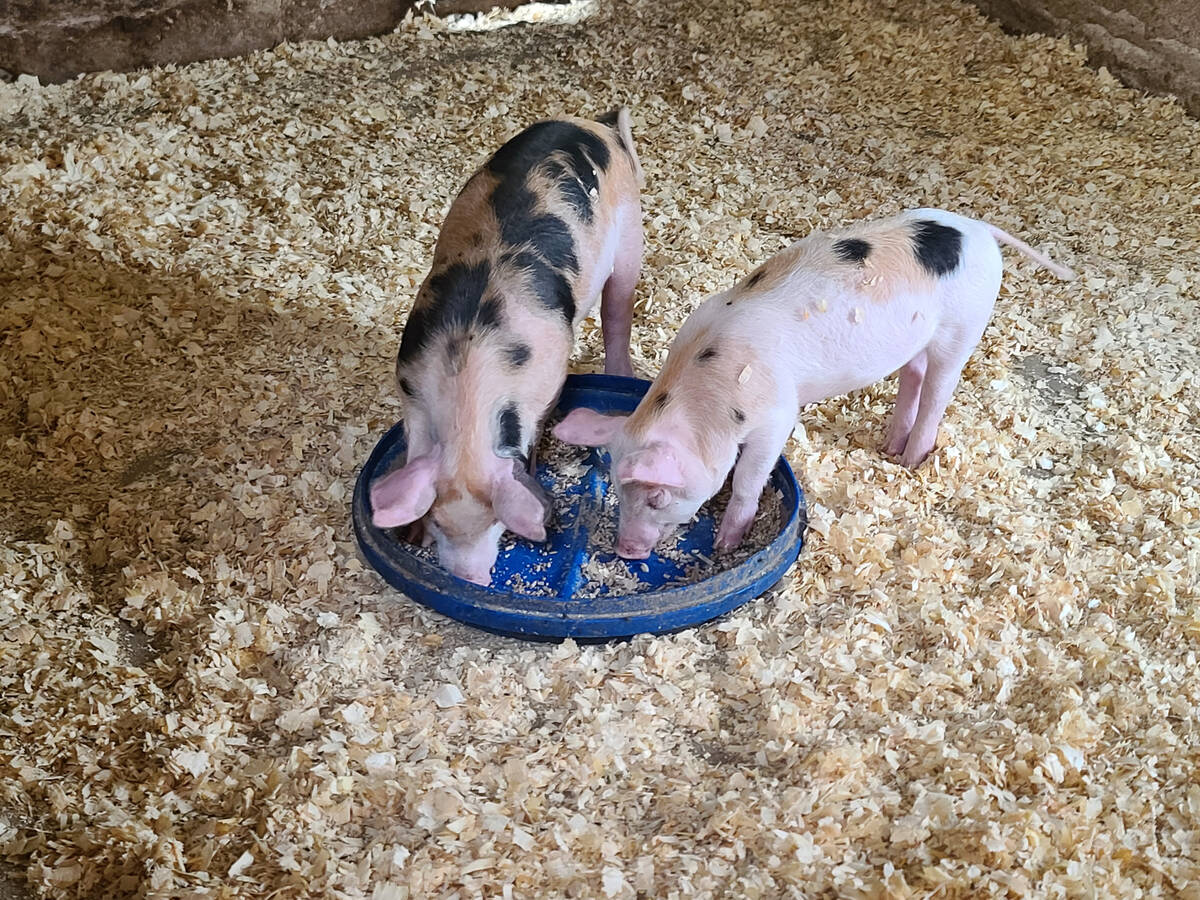Oct 29 (Reuters) – Maple Leaf Foods Inc., one of Canada’s biggest pork processors, swung to a rare profit in the third quarter as the company nears the end of its restructuring plan.
The profit is only Maple Leaf’s second in the past 11 quarters, but was slightly smaller than expected. Shares fell nearly seven percent in Toronto trading to $20.95, as the company delayed reaching a key earnings target.
The company rolled out a program in 2010 to boost earnings by shutting some plants and modernizing others.
“We are making meaningful progress on eliminating inefficiencies driven by the ramp-up of our new facilities, though not at the pace we had hoped for,” said chief executive Michael McCain.
Read Also

African swine fever risk tightens feed ingredient trade rules with Taiwan
Plant-based ingredients bound for Canadian livestock feed will have stricter trade rules if the shipments come from Taiwan, following Canadian Food Inspection Agency changes
The profitability measure amounted to 7.1 percent during the quarter, up from the previous quarter but below expectations, he said.
Restructuring costs fell about 76 percent to $3.4 million in the third quarter.
Maple Leaf’s net sales fell slightly to $818.8 million from $820.1 million in the third quarter, hurt mainly by the agri-business group, which includes Canadian hog production operations.
Sales in the meat products unit, which includes products sold under brands such as Maple Leaf and Schneiders, fell marginally to $814.8 million in the quarter.
On an adjusted basis, the company earned 16 Canadian cents per share.
The company’s net earnings were $18.7 million, or 13 cents per share, in the quarter ended Sept. 30, compared with net loss of $26.7 million, or 19 cents per share, a year earlier.
Analysts had, on average, expected Maple Leaf to earn 17 cents a share, according to Thomson Reuters I/B/E/S.
Meat processors around the world were rocked earlier this week by a World Health Organization (WHO) report that said eating processed meats could cause colorectal cancer in humans.
The Canadian Meat Council, which represents meat packers such as Maple Leaf and the Canadian units of Cargill Ltd and JBS SA, rejected the findings as simplistic.














